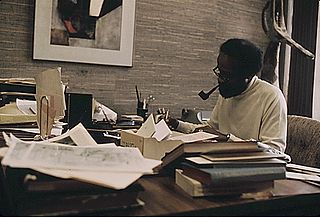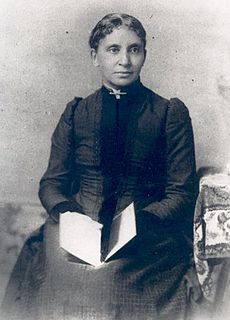A Quote by Assata Shakur
It is the obligation of every person who claims to oppose oppression to resist the oppressor by every means at his or her disposal. Not to engage in physical resistance, armed resistance to oppression, is to serve the interests of the oppressor; no more, no less. There are no exceptions to the rule, no easy out.
Related Quotes
To answer oppression with appropriate resistance requires knowledge of two kinds: in the first place, self-knowledge by the victim, which means awareness that oppression exists, an awareness that the victim has fallen from a great height of glory or promise into the present depths; secondly, the victim must know who the enemy is. He must know his oppressor's real name, not an alias, a pseudonym, or a nom de plume!
There is such a thing as the freedom of exhaustion. Some people are so worn down by the yoke of oppression that they give up. [...] The oppressed must never allow the conscience of the oppressor to slumber. [...] To accept injustice or segregation passively is to say to the oppressor that his actions are morally right.
The severest trial of oppression is the constant outrage which one suffers at the thought of the oppressor. What Jesus discovered was how to avoid the inner devastations. His technique was to practice the opposite emotion... a man may not get his freedom or possessions back, but he's less miserable. It's a difficult lesson.



































